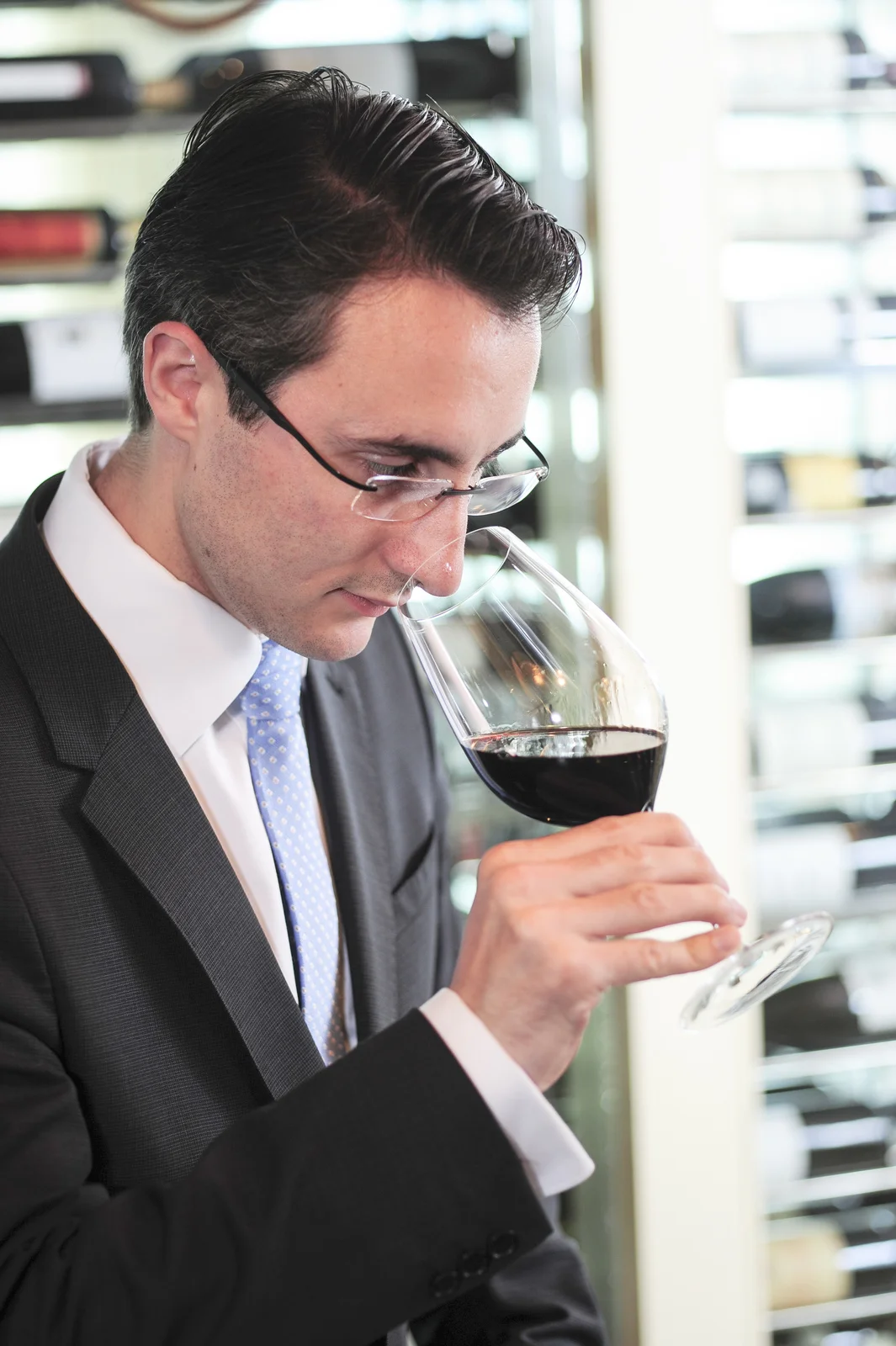What Old Wine Tastes Like
/When I joined the WSET in 2010, I had quite a bit of experience with wine, but not the depth of exposure that people who work in the industry have.
People who work in the wine business spend a good deal of time tasting wines. Producers, distributors, retailers, and restaurateurs study their inventory daily, and are familiar with the market; they see everything from $10 Santa Margarita Pinot Grigio, to $300 bottles of Burgundy.
Industry professionals often get to try rare/expensive wine, wines they don't have to pay for. You can see why some people get a big ego: They mistake having easy access to high-end stuff as a sort of affirmation of their own personal rock stardom.
Young Bucks, Old Bucks, Big Bucks
I don't work in the wine business, at least not in the traditional sense, so my exposure to wines is more limited. Michelle and I drink young stuff in the $10 - 30 range. In other words, we drink what most consumers can find.
Older wines typically go from orange-red to tawny brown as they age. They also throw quite a bit of sediment. Courtesy of Chorus Photography.
I first tasted "older wine," in my WSET Advanced course. It was a 1985 Montelena Cab. I remember one student, an older, wealthy collector with deep pockets, mocking me for thinking that was old. "I have wines from the 40s in my collection," he boasted. It was exactly the kind of wine snobbery I can't stand: Someone thinking the advantage their wealth affords means that they're smarter or more talented.
Anyway, I was asked to assess the wine. To me, it was brown, cloudy, slightly gritty, and tasted like raisins. I concluded it was no good.
The WSET instructor kindly disagreed. So we reviewed it again and he helped me to see, while it may be different, there was nothing empirically wrong with it. All of the aspects were solid: Acids, tannins, aromas and flavors, alcohol, etc. "It's a beautiful wine," he said, "it's just old, and with old wine, you need to shift your expectations a bit."
Mature Thinking on Mature Wine
With more experience, I came to understand what he meant. You can't approach old wines the same way you do young; just as you can't compare an older person to a younger one. They're at different stages of their lives.
Time mellows wine out, softens the edges up a bit, takes its youthful energy and focuses it. Whatever it starts outs with; it's still there, but (hopefully) much more refined and sophisticated.
People gain knowledge and wisdom with time - and so wine matures too: Young, fiery red fruit changes into savory figs and wet leaves, in white wines you see tropical fruits give way to apricots and honey. Sweet vanilla from oak barrels becomes brioche and butterscotch and a certain, gamey, funky musk comes out of red wines - in a desirable way. It's like the wine has finally become comfortable with itself and doesn't care what others think anymore. It's a beautiful thing.
If you allow yourself to see things differently, you may come to love what age does to fine wine. If you can afford to, treat yourself to a nice bottle of older French Bordeaux, Priorat or Rioja sometime and tell me if the experience isn't eye-opening.
Changing Tastes and Changing Minds
We were at a gathering the other day, and half-joking, the hosts mentioned an, "old bottle" of wine they were saving. Someone had helped cleared out a basement and they were given the wine stash as a consolation prize. Other bottles were "vinegar," by their account, so why not open this one too.
The producer, Ritchie Creek is still producing wine in Napa. They've been there since 1967, and from what I can tell, this wine was made from their original Cab Sauv vines.
It turns out this 1986 Cab was beautiful, still with some fresh Cassis on the nose, lots of leather and tobacco, and plenty of gamey, barnyard funk. It was slightly watery in the mouth, with soft tannins and balanced, complex flavors and a finish that went for minutes. Years ago, I would have seen it differently. Now, I thought, "Pretty awesome for grape juice that sat in a cellar for three decades."
The plan was to decant for an hour; the wine never made it that far. My wife took a sample and declared it "amazing," and by the 30-minute mark it was gone. Even beer lovers were pouring it into plastic cups and trying it. I was really impressed that so many people were willing to give it a chance - and that they even appreciated it, with a little explaining.
Do you still need time to get you head around the older wines? Hopefully this little post has helped you to at least think of them in a different way, so when you do find that mature bottle, you'll be ready to recognize the beauty hidden within.
What are your thoughts on older wines?



